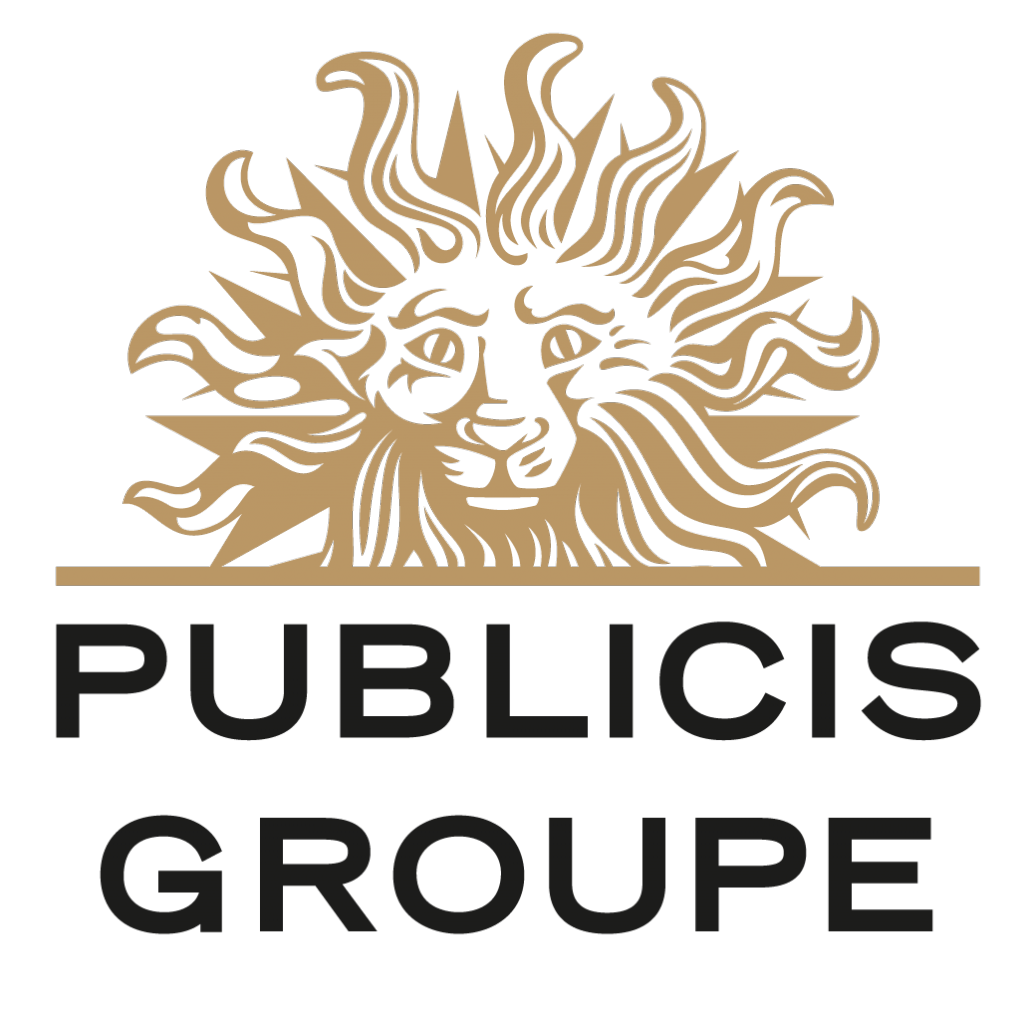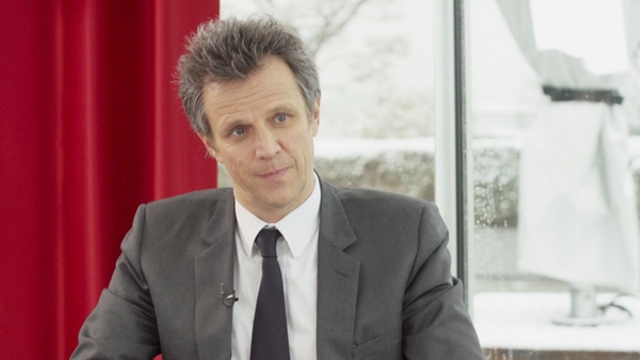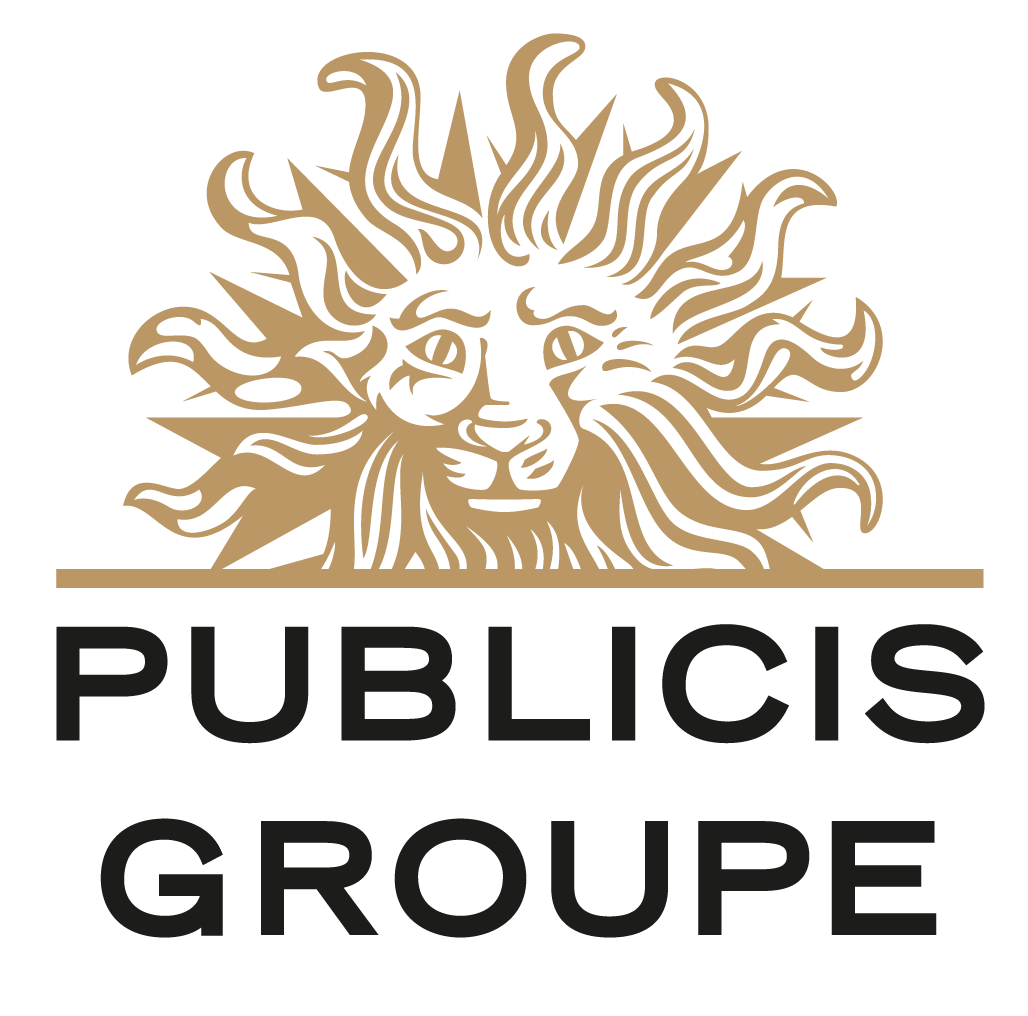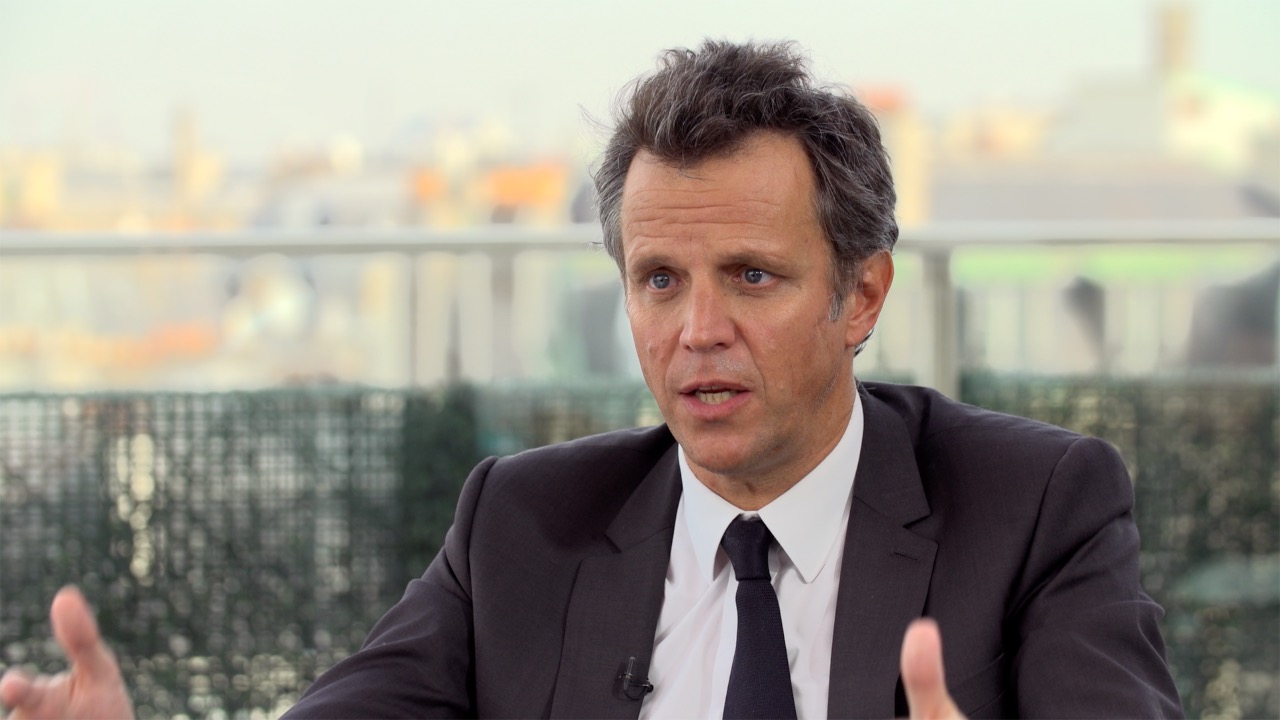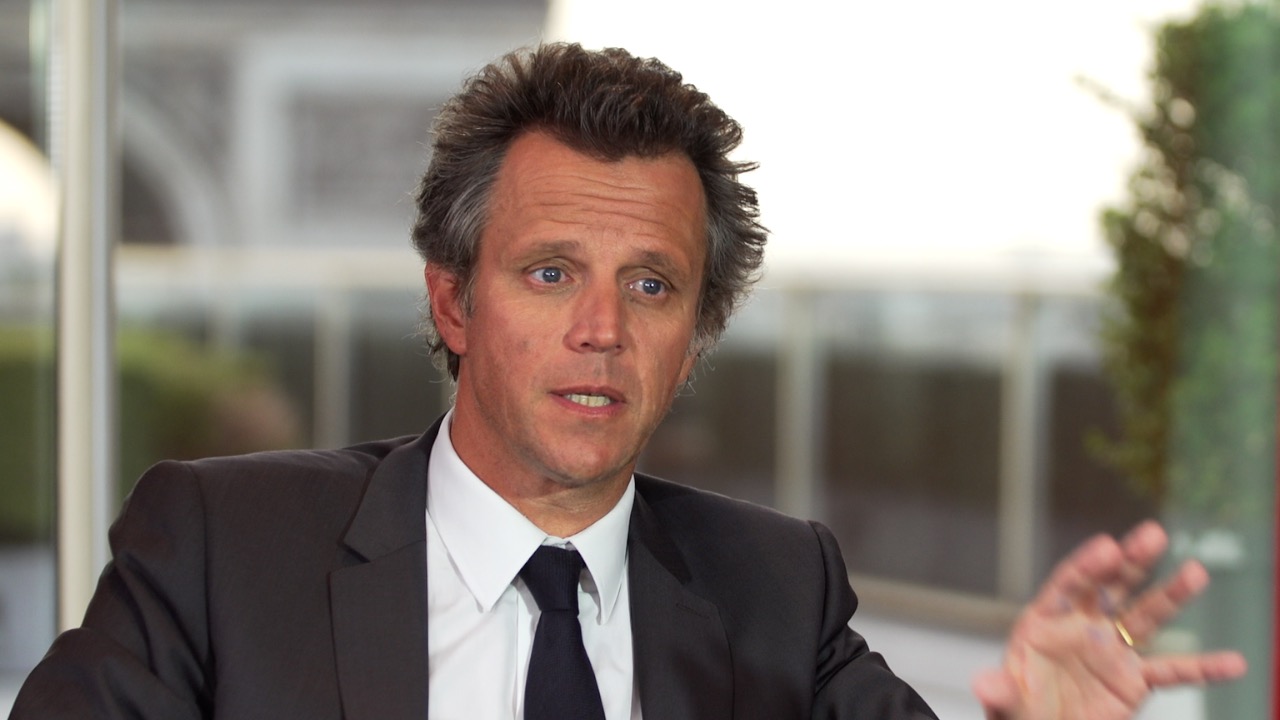EuroBusinessMedia (EBM): Publicis Groupe, the world’s fourth largest advertising company, just reported profit for 2007. Maurice Lévy welcome, you are the CEO of Publicis group, what are your comments on the company’s performance in 2007?
Maurice Lévy (ML): We have been able to deliver exceptional financial results. We have reached a level of margin which was our objective for 2008, which is at the level of 16.7% and which I believe is a level of margin which has never been reached in the industry. We have been able to deliver free cash flow of 615 million euros - up by 9% compared to last year - and we have improved our net profit. So, financial results are absolutely remarkable. There is only one aspect on which we feel that we could have done a better job, which is organic growth. The level of organic growth that we have reached for the full year has been at 3.1%, which is insufficient and which is absolutely not in line with what Publicis has been used to delivering until now. There are some reasons for that. The most important reason is that the pharmaceutical industry has been through some issues, some bumps in the road, which has made our own activity suffer a little from this. We have had a relatively bad year on health care, despite the fact that we have been gaining market share. The most important aspect of the second half is the fact that, if we exclude healthcare, we have a rate of growth of 6.1%, which I think shows clearly to the market that we are back. The other aspect that I think is something that will please our investors is the fact that we have had for the full year of 2007, 5 billion USD of new business, and for the first months of January 2008 we have reached the level of 1.3 billion USD in only the month of January. So, the activity in new business and the fact that we are gaining market share is something which is now well established and our operations are up and running.
EBM: You’ve reached your 2008 16.7% operating margin target a full one year ahead of schedule. This year, the economic environment does seem more difficult, how resilient or sustainable would you say your margin target is for this year?
ML: The good news is that we have reached this margin with a level of organic growth which is at 3.1% only. The other good news is that we have done that, integrating Digitas, which has a level of margin which is below par for the group. So, all this is something that is quite positive. The other good news is that if you look at the history of Publicis, we have always been much more resilient than our competitors. And this is due to our portfolio of activities and our portfolio of clients. We have a breakdown of our activities and geographies which is well-balanced, and we have a portfolio of clients which is particularly well-balanced with fast growing segments, highly resilient segments such as fast mover customer goods, and also some cyclical operations, like automotive or financial services. So, we can rely on the fact that we have a big chunk of our business which is coming from the emerging markets, and the fact also that in tough days we have a large share of our business which is coming from fast moving consumer goods and particularly food. And as we know, people have to eat every day.
EBM: What are the main trends that you’re seeing at the beginning of this year? Let’s start with the geographies, and in particular the US, which is present in everyone’s mind.
ML: We can’t help but see what’s happening with the sub-prime crisis, with the fact that raw materials are climbing, with the fact that there are also some issues on credit crunch or the possibility of a credit crunch. So all this is something which is creating the dark mood of the economy. How this is affecting our business? I must say that I’m a little bit like my competitors. For the time being we have not seen a rush of our clients cutting heavily their investments. And for that there are many reasons. First, for the clients who are in the financial services, their interest is to show to their clients that the bank is healthy, working well, that the issue is limited. And obviously part of this is to communicate in a very serene way with the consumer. The second aspect is that when somebody is starting to stop investing, they lose market share. And we know that regaining market share is very expensive and much more expensive than maintaining the investment. Third aspect is that there is some good news. I don’t know how good the good news will be, but there is some good news, and there are some opportunities. The first opportunity is obviously what will happen in what we call the Quadrennial, which is: the US election, the Olympic Games and what we call the European Championship of football, or soccer, the Eurocup. And all this is generating investment. Normally this represents 1% of the total market in growth. So it’s not small money. And we believe that we are well placed to win because we have some of our clients which are very important investors in this segment. There is also another aspect which should raise some optimism or some smiles on the faces of the people, which is about Internet and digital. This segment of our industry is fast growing, and Publicis is clearly the leader in that industry. This is something which is making us more comfortably than some of our competitors.
EBM: Precisely, what is your outlook for the Digitas integration this year?
ML: I don’t know what you are talking about. This is past. Digitas is integrated. You know that we are quite good at integration. This has been a formidable acquisition - we are very, very proud of this acquisition - and integration has been a dream.
EBM: All right then, given that the Digitas integration is fully complete now, what would you say is your outlook for the future of this acquisition, in particular, what are some of the revenue synergies or margin improvements that you are hoping to achieve at Ditigas?
ML: As you know, we have decided since now quite a long period, that we would move to what we have called a ‘human digital agency’. ‘Human’ because it’s very important in this cold world of computers to bring some feelings and to bring some emotion. And this is what we are best at. At the same time we had to make sure that all our operations would be prepared to take on the challenge of the new digital world. This is a process which has been well advanced, and we are very proud to see that most of our operations all around the world are literate in digital. We have made a series of investments in 2007. We will continue in 2008, according to the needs of a country or an operation. What we want to be very clearly is the very best agency capable of servicing our clients and taking them to the next level in this digital world. If you look at the margin, we have improved the margin of Digitas -- David Kenny has done a formidable job and we have already improved the margin to the level of 14%. And we are in our classic plan, which is to improve it progressively. So we are very pleased with this and this is happening also with all the other assets we have acquired. All in all we believe that we are the best prepared and best armed for the future.
EBM: Let’s stay on digital for one extra moment. You’re recent co-operation with Google addresses a number of hot-button issues in your industry, without providing any definitive answers at this stage for those who worry that traditional agencies are going to get dis-intermediated. What would you already reply today to those who are wondering how clients will choose to buy and place ads in tomorrow’s market?
ML: This partnership/collaboration that we have announced is something that’s been cooking for more than a year. So it’s not something which happened like suddenly “Oh! I met Eric and we will make a press release” as somebody has said… No, no, no. It’s something which has been very thorough. Teams working together, at Ditigas, at group level, we had had some presentations, some common presentations and exchanges, and tried to find the right solution for the future. This is based mainly on three key aspects. The first one is that we share the same vision of the future, which means that we don’t believe in dis-intermediation. We believe that we, the advertising agency group, the marketing services group, we will play a crucial role. Google believes the same. Otherwise we would not have been able to make an agreement. We believe also that technology will come from people like Google, Yahoo, Microsoft. And we believe that we don’t need to invest heavily in that segment. First, because it requires a lot of money that we don’t have. And second, talent and approaches which are not ours. We do creative, we work on branding positioning, we work on brands, we work on people, we create images, words which connect brands and people, which help building brand and which help building loyalty beyond reason of their consumer. Google works on programming, developing technology platforms and scaleable aspects of the digital world. That’s our vision and it is shared. The second thing is that if Google wants to have the best tools and if Google wants to have better revenues, not only Google, but as I say, the other platforms, if they want to have better revenues from advertising, what they need to do is to make sure they are developing the right tools for the consumer, for targeting the right consumer, for being friendly and not intrusive in the lives of the consumer, and also for servicing the needs of the advertisers. Who knows the consumer and who knows best the advertisers’ needs? We do. So we are brining our knowledge to Google. They are bringing their technology and we are trying to see what is best for the future of both of us. The last aspect, which I think is very important, is that we believe that this collaboration is not a one-off, it’s not something that will last only a few months, it’s not for one single project. It’s something that is built to create a real partnership between partners. We will never be a platform - they will never be an ad agency. So as we have agreements and collaborations which are well established with media, so we will have this. And we have decided, the two of us, that it will not be exclusive, in order that they can do something equivalent, if they have the time and the energy and the tools and the people, with some of our competitors, and we will do the same with Yahoo and Microsoft, on some other subjects. So I believe that by making this kind of agreement, not only we have a vision of the market which is very different from some of our competitors, but we are really focusing on what matters most, which is ‘what are the needs of our clients?’ And we believe, maybe a little bit naively, that if something is good for our clients it will be good for us.
EBM: And finally, as you know, valuations are low across the sector. Is this a once in a lifetime opportunity for Publicis to make some strategic acquisitions or would you rather use your cash to buy back your shares at these price levels?
ML: The first thing that we will be doing is something that will please some investors. We are destroying, cancelling 8 million shares. So that’s good news. We will buy the same amount of shares. That’s another good news. So the total is 16 million shares, which will be out of the market. So that’s good news and I hope that they will like it. The second thing is that after doing this, we will have some petty cash. With that petty cash, we think that we will have some targets for acquisition. We are looking for areas which are of great interest for us, which is emerging markets, which is digital. And obviously, if there are some opportunities, we will look at them. We don’t have the right not to look at opportunities. But our strategy is clearly first to serve our stockholders best - we want to make them happy - so we have made the decision, that is quite rare at the Publicis group, it’s a first: we are cancelling 8 million shares and buying back again 8 million shares. Then we will direct our investments where our strategy is. And obviously we will have a look at opportunities if some opportunities arise.
EBM: Maurice Lévy, CEO of Publicis group, thank you very much.
ML: Merci!

